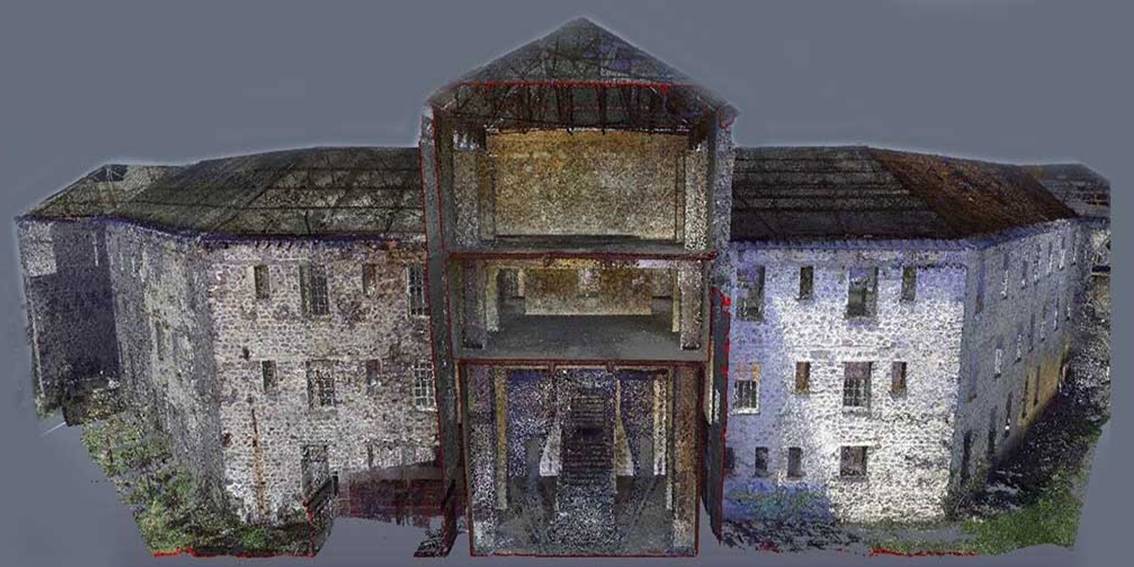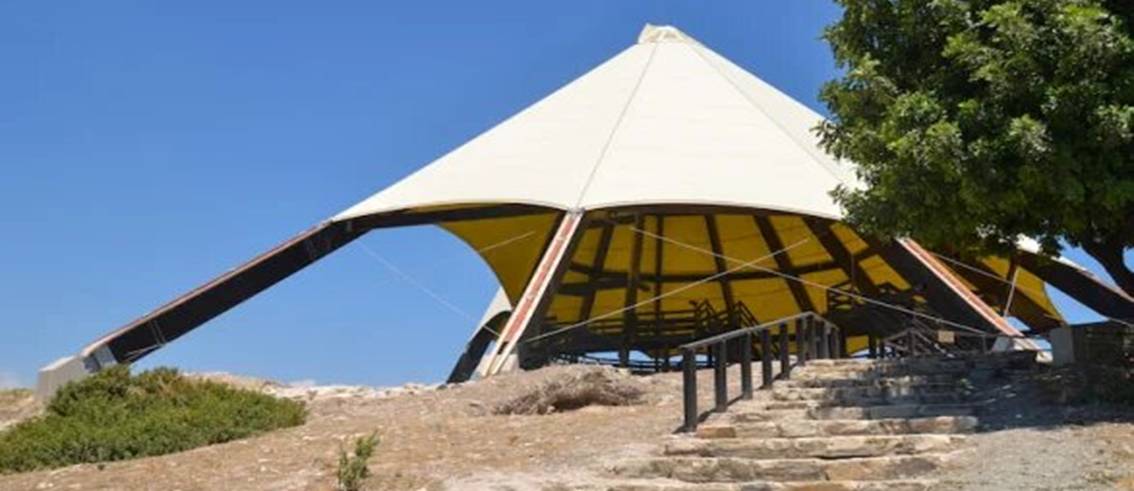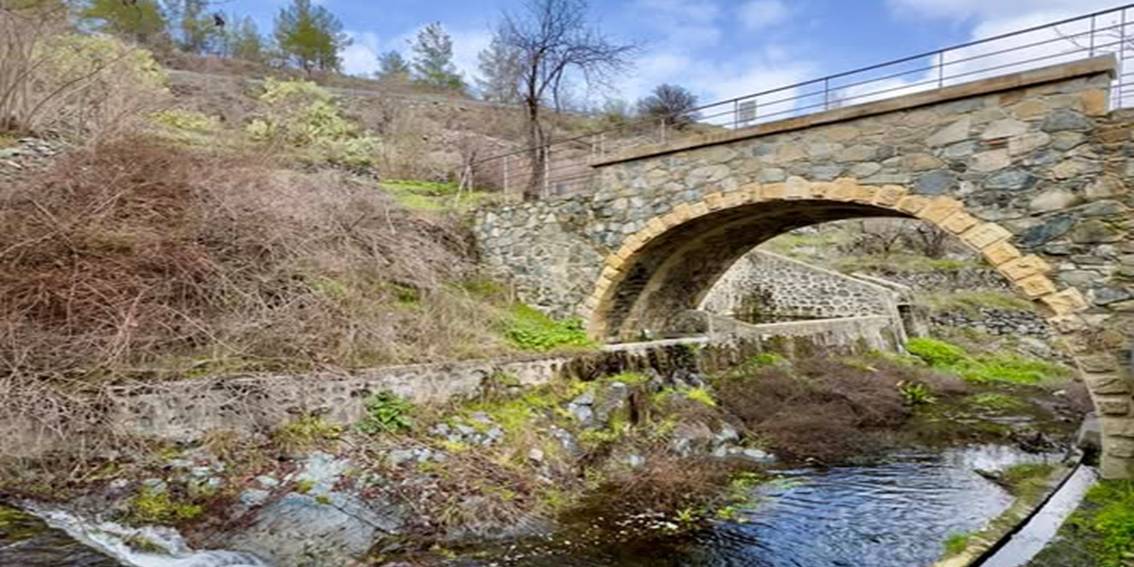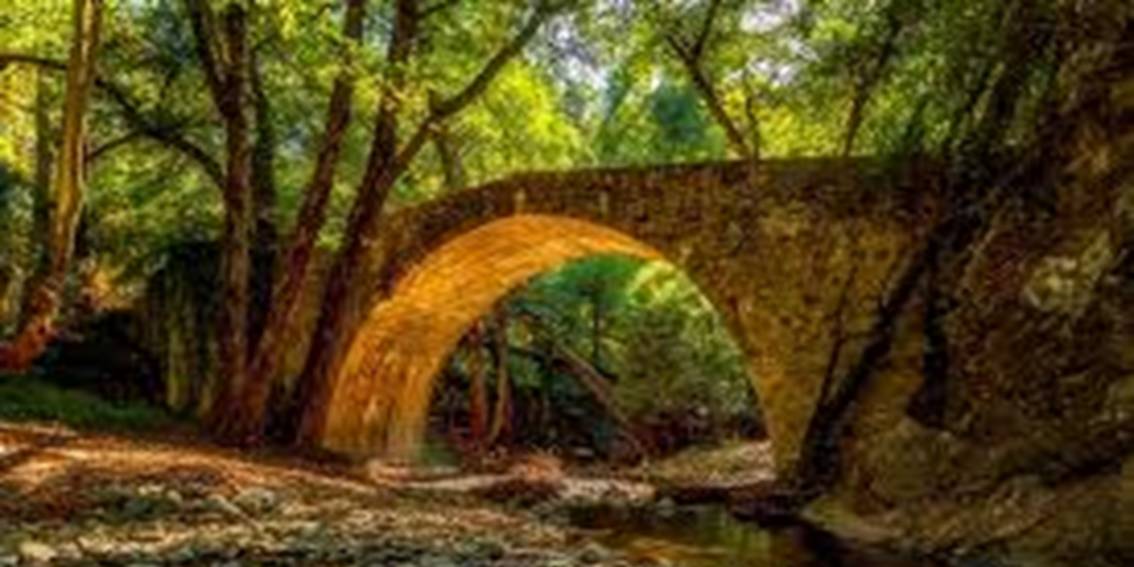The Haunting History behind Cyprus’s Berengaria Hotel
Berengaria Hotel in Cyprus: Nestled in the Troodos Mountains, the Berengaria Hotel stands as a decaying monument to a past filled with grandeur, mystery, and eerie tales. Once hailed as the “Crown Jewel of Cyprus,” Berengaria hotel opened in 1931, offering luxury to its guests and quickly becoming a haven for the island’s elite. Yet, despite its early success, the hotel now lies abandoned, shrouded in stories of tragic deaths, supernatural encounters, and a family curse.
A Symbol of Luxury and Prestige
The Berengaria Hotel’s story begins with its founder, Elias Kokkalos. His vision for the hotel arose from the need to create a luxurious retreat, designed to attract Cyprus’s wealthy visitors and British colonial elite who sought respite in the cool air of the mountains. Kokkalos spared no expense in crafting his dream. He named the hotel after Queen Berengaria, the wife of Richard the Lionheart, who married her in Cyprus in the 12th century. The historical reference added an air of nobility and mystery to the hotel.
Constructed from local stone, the Berengaria hotel in Cyprus boasted spacious rooms, grand dining halls, and lavish gardens. Guests would come to enjoy the pristine mountain air, exceptional cuisine, and high society gatherings. The hotel offered a sense of exclusivity, with its remote location adding to the allure. High-profile guests, including politicians and celebrities, frequently visited,
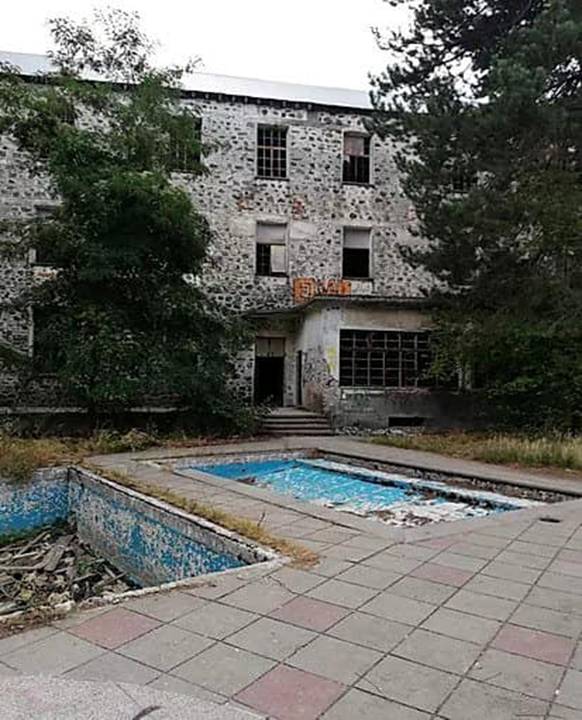
solidifying the hotel’s reputation as the pinnacle of Cypriot luxury.
The hotel was famous for hosting famous guests include Pharouk, the King of Egypt. In addition some of his first visitors were the Prime Minster of the United Kingdom Winston Churchill. The hotel eventually closed in 1984 after it began losing money.
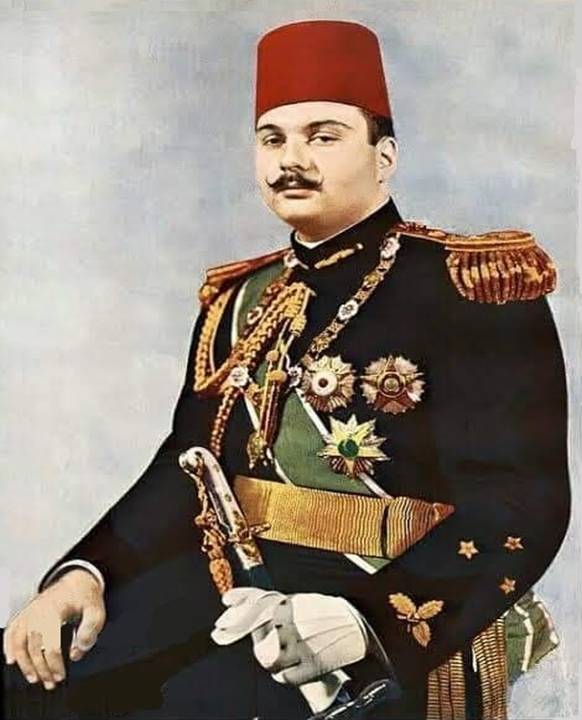

Winton Churcill
king Farouk - Chaim Weizmann
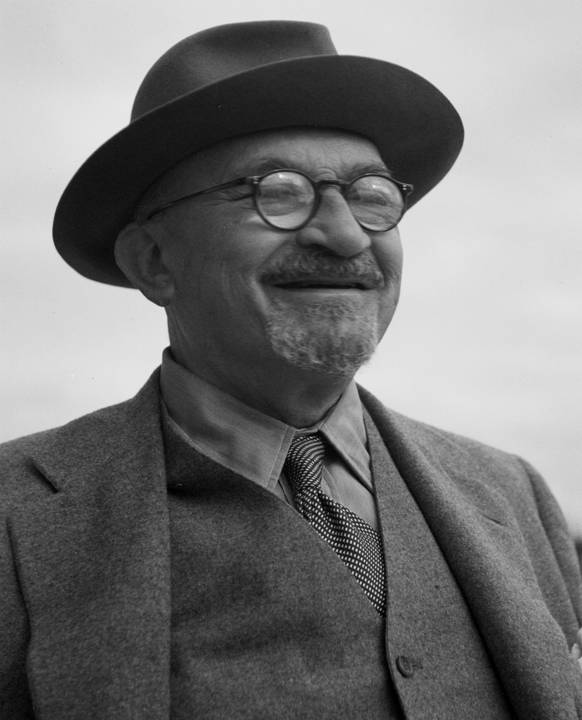
The fall from Grace
Despite its early success, the Berengaria Hotel’s prosperity was short-lived. Kokkalos passed the hotel management to his three sons after he retired, marking the beginning of a tragic turn. Rumours suggest greed and jealousy caused bitter disputes among the brothers, leading to the hotel’s slow decline. Some locals even claim a family curse sealed the fate of the Kokkalos brothers. According to legend, each of them died under mysterious circumstances, further darkening the hotel’s history.
After the deaths of the Kokkalos brothers, the hotel struggled to maintain its former glory. The once opulent halls now echoed with emptiness, as fewer guests visited each year. By the early 1980s, the Berengaria could no longer sustain itself financially, and its doors closed for good.
The Haunting Begin
As the hotel decayed, stories of strange occurrences began to circulate. The most enduring legends speak of restless spirits haunting the now crumbling corridors. Locals and explorers who ventured into the abandoned building have reported hearing ghostly whispers, footsteps echoing through the empty hallways, and seeing flickering lights from within the hotel’s shattered windows.
One of the most famous ghost stories involves the Kokkalos brothers themselves. Many believe their
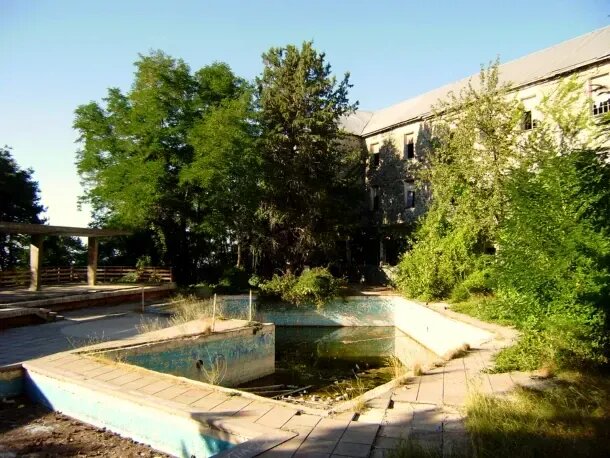
spirits linger in the hotel, eternally trapped by the greed and betrayal that led to their downfall. Witnesses claim to have seen ghostly apparitions resembling the brothers, roaming the halls in a state of despair.
Another popular tale centres around a young woman who allegedly drowned in the hotel’s once-glorious pool. Visitors have reported sightings of her ghost wandering near the empty pool area, often described as wearing a long white gown. Some say she beckons to those who see her, inviting them to join her in her watery grave.
The Hotel’s Current State
Today, the Berengaria Hotel stands as a crumbling relic of a bygone era. Graffiti covers its walls, windows remain shattered, and nature has reclaimed much of the property. Despite its dilapidated state, the hotel attracts tourists and paranormal enthusiasts, eager to explore the ruins and perhaps catch a glimpse of one of its many rumoured spirits.
Adventurers who brave the hotel often speak of the unsettling atmosphere that permeates the site. Shadows seem to move in the corners of their vision,
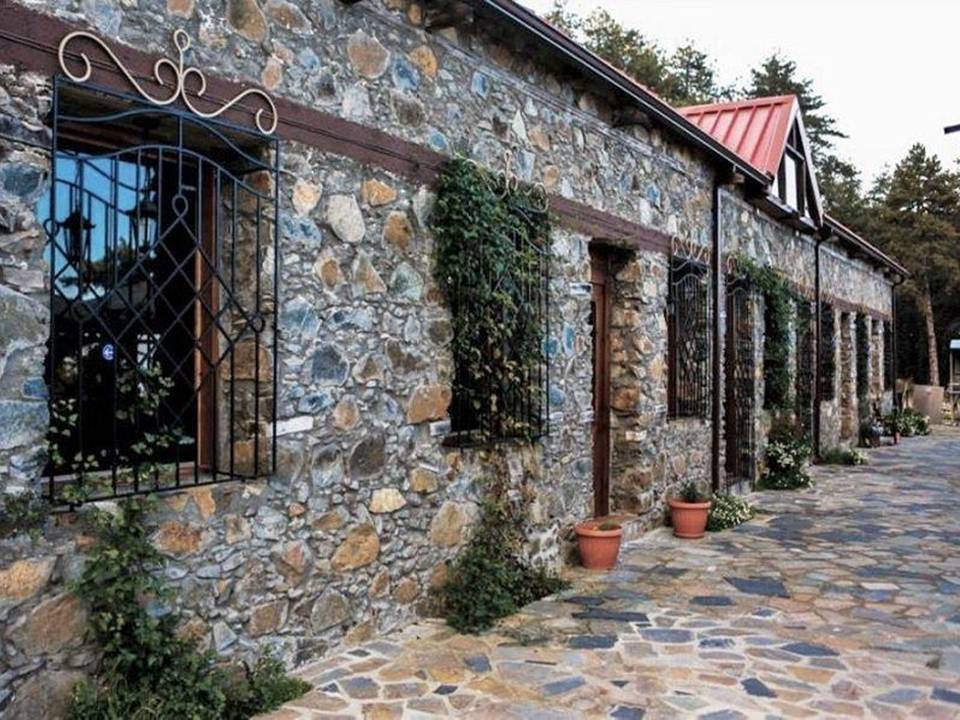
and the air feels heavy with the weight of forgotten memories.Some claim that the hotel itself seems alive, as if it has absorbed the energy of the many tragedies that occurred within its walls. Legend also says that a manager killed himself at the hotel adding to the conspiracy theories that the hotel is haunted, Another story says that a young woman is dressed in white linen which is said to be seen leaning against one of the windows at sunset!
Despite its current condition, efforts to restore the Berengaria Hotel have been discussed over the years. Investors have shown interest in reviving the historic building and turning it into a luxury destination once again. However, these plans have yet to materialize, perhaps due to the deep sense of unease that surrounds the property.
The Curse of the Berengaria
The legends and ghost stories that swirl around the Berengaria Hotel all point to one central theme: the idea of a curse. The Kokkalos family’s fall from prosperity, the mysterious deaths of the brothers, and the hotel’s descent into ruin all seem interconnected.
Another story claims that the hotel manager was murdered by his sons due to disputes over inheritance.
Another tale suggests he died from natural causes, but the hotel became cursed afterwards, leading to its downfall. The exact details of his death remain unclear, but the tragedy added to the hotel’s haunting legacy, making it a popular subject of ghost tours and urban legends.
Some locals believe that the hotel itself became cursed the moment greed and betrayal took root among the family members. Others point to the hotel’s namesake, Queen Berengaria, as a source of the curse, although her connection to the hotel remains purely symbolic.
Whether one believes in the curse or not, the Berengaria Hotel’s history is undeniably tragic. Once a shining example of luxury and grandeur, it now serves as a haunting reminder of the impermanence of success and the dark undercurrents that often lie beneath.
Conclusion
The Berengaria Hotel stands as more than just a relic of Cyprus’s past. Its walls bear witness to a legacy of ambition, greed, and sorrow. From its glamorous beginnings to its ghostly presence, the hotel continues to captivate the imagination of those who hear its story. Whether one visits for history or hauntings, the Berengaria remains an enduring symbol of mystery in the heart of the Troodos Mountains.

